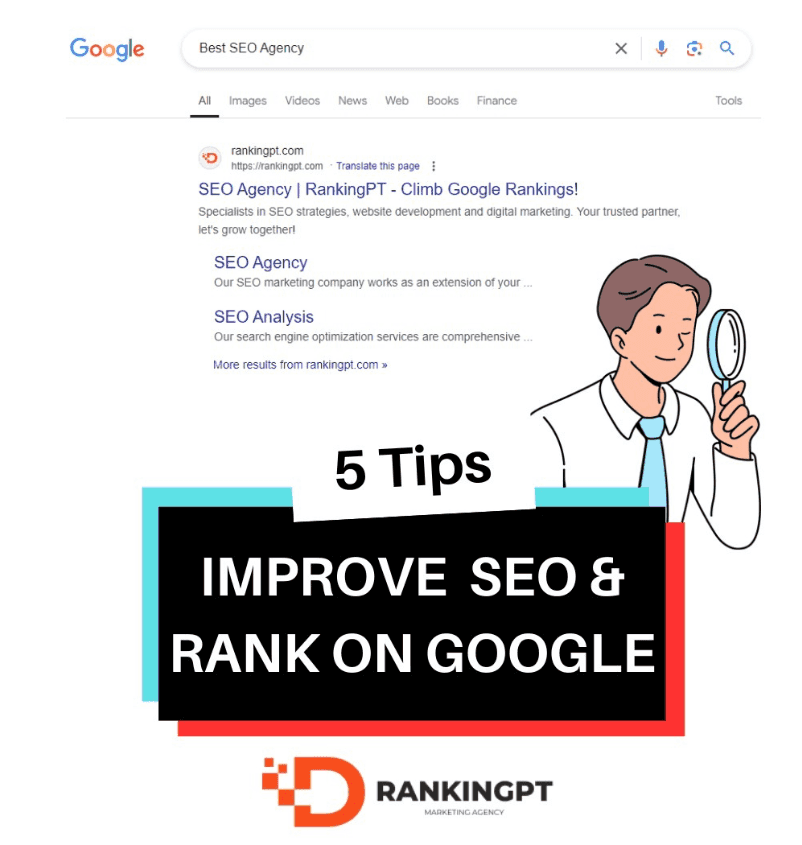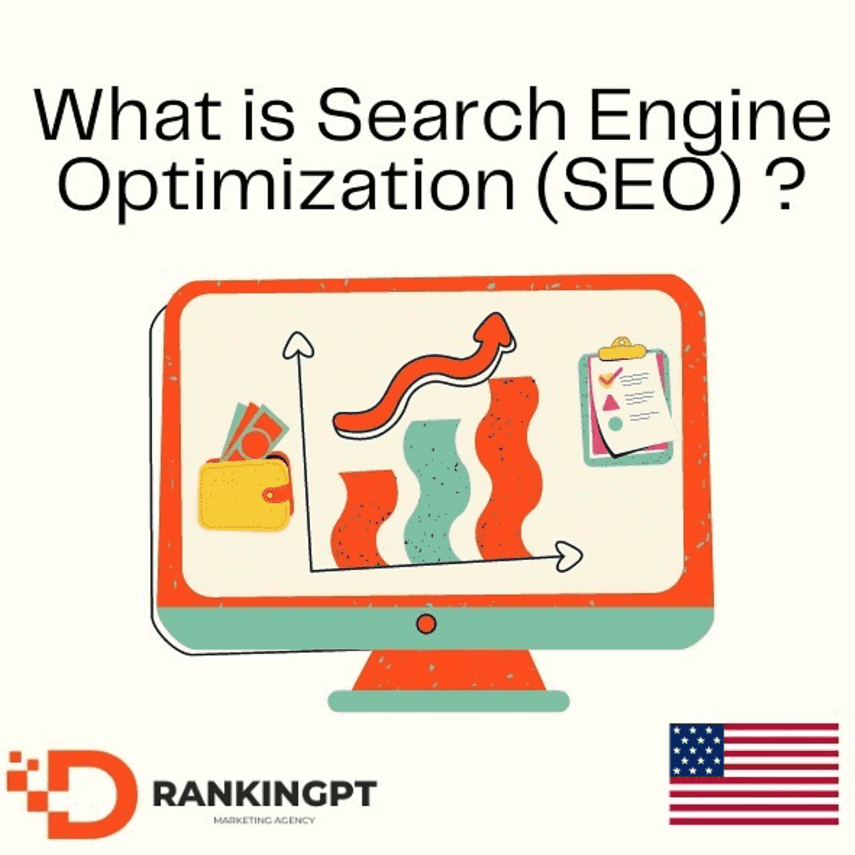Is Seo Dead?
Is SEO Still Alive and Thriving? Debunking the Myth for Marketers and Business Owners
In the digital age, the question "Is SEO dead?" echoes across marketing meetings, forums, and online discussions. With the rapid evolution of technology and shifts in consumer behavior, it's natural to wonder if SEO is still relevant for marketers, business owners, and content creators. This blog post will explore the changing landscape of SEO, addressing whether it's truly a thing of the past and how we can adapt to its modern iterations.
Introduction to the Evolving Landscape of SEO
Search Engine Optimization (SEO) has long been the backbone of digital marketing strategies. However, as search engines evolve, so do the tactics required to stay ahead. Today's SEO is a complex blend of algorithms, user experience, and quality content. For those invested in digital marketing, understanding this evolving landscape is crucial for continued success.
Debunking the Myth: Is SEO Really Dead?
Historical Context of SEO's Journey
SEO's origins trace back to the mid-1990s when webmasters began optimizing sites for search engines. In its early days, SEO relied on simple tactics like keyword stuffing and link building. However, as search engines grew smarter, so did their algorithms, leading to more sophisticated SEO practices. Over time, search engines like Google refined their algorithms to prioritize user experience, quality content, and relevance.
Today's SEO is vastly different from its inception. The focus has shifted from manipulating search engines to providing value to users. This evolution challenges the notion that SEO is dead; rather, it highlights its transformation into a multi-faceted discipline.
The Importance of SEO Today
Despite claims of its demise, SEO remains a critical component of digital marketing. Recent statistics underscore its significance. According to a study by BrightEdge, organic search drives 53% of all web traffic, making it the largest source of trackable traffic. Furthermore, companies that invest in SEO report higher ROI compared to paid advertising.
Case studies further illustrate SEO's impact. For instance, a small e-commerce business saw a 200% increase in organic traffic after implementing an SEO-focused content strategy. These examples demonstrate that SEO is not only alive but a vital part of any marketing plan.
Adapting to Change: Strategies for Modern SEO
User Experience and Technical SEO
In today's digital world, user experience (UX) is integral to SEO success. Search engines prioritize websites that offer seamless navigation, fast loading times, and mobile responsiveness. Technical SEO, which focuses on optimizing the backend of a website, plays a crucial role in enhancing UX.
To excel in modern SEO, digital marketers must prioritize technical aspects such as site speed, secure connections (HTTPS), and mobile-friendliness. These elements not only improve user experience but also lead to better search engine rankings.
Content is King
Content remains a driving force in SEO. High-quality, relevant content attracts and retains users, encouraging engagement and driving conversions. Search engines, in turn, reward websites that consistently produce valuable content with higher rankings.
To leverage content effectively, focus on creating informative, engaging pieces that address user needs and questions. Incorporate relevant keywords naturally, ensuring they enhance rather than hinder readability. By consistently delivering quality content, you'll position your website as an authoritative source in your industry.
The Rise of Voice and Visual Search
Voice and visual search are reshaping the SEO landscape. With the proliferation of smart speakers and voice-activated devices, consumers are increasingly using voice search to find information. Similarly, visual search tools like Google Lens allow users to search using images rather than text.
To capitalize on these trends, optimize your content for voice and visual search. This includes incorporating natural language patterns and using image alt tags and descriptive filenames. By staying ahead of these emerging technologies, you can maintain your competitive edge in the digital space.
The Use of AI and its Impact on SEO
Artificial intelligence (AI) is revolutionizing SEO practices. AI-powered algorithms like Google's RankBrain use machine learning to interpret search queries and deliver relevant results. This shift toward AI-driven processes underscores the need for marketers to adapt their strategies.
AI can also enhance SEO efforts by automating routine tasks such as keyword research and content analysis. By leveraging AI tools, marketers can gain valuable insights into user behavior and preferences, allowing them to fine-tune their strategies for optimal results.
SEO for Small Businesses and Content Creators
Budget-Friendly SEO Tactics
For small businesses and content creators, SEO can seem daunting due to budget constraints. However, there are cost-effective strategies that can yield significant results. Focus on local SEO, which targets nearby customers and drives in-store visits. Utilize free tools like Google My Business to enhance your online presence and reach potential customers.
Additionally, prioritize creating high-quality content that resonates with your audience. By addressing their needs and providing value, you can build a loyal following without breaking the bank.
Optimizing Content for Discoverability
To maximize discoverability, optimize your content for search engines and social media platforms. Use relevant keywords strategically, and ensure your content is shareable across different channels. This approach not only boosts visibility but also increases the likelihood of attracting backlinks, which can improve your site's authority.
Engage with your audience by responding to comments and encouraging discussions. This interaction fosters a sense of community and enhances brand loyalty, ultimately driving more traffic to your site.
Utilizing Local SEO
Local SEO is a powerful tool for small businesses aiming to attract nearby customers. Optimize your website for local search by including location-specific keywords and creating dedicated landing pages for each location you serve. Encourage satisfied customers to leave positive reviews on platforms like Google and Yelp, as these can influence potential customers' decisions.
By focusing on local SEO, you can increase foot traffic to your physical store and build a strong presence in your community.
Conclusion
Despite the evolving digital landscape, SEO remains a critical tool for digital marketers, small business owners, and content creators. By understanding its history, adapting to modern practices, and leveraging emerging technologies, you can harness the full potential of SEO to drive traffic and achieve your business goals.
SEO's future is bright, with new opportunities arising from AI, voice, and visual search. By staying informed and proactive, you can continue to thrive in an ever-changing digital world. Whether you're a seasoned marketer or just starting, SEO offers endless possibilities for growth and success. Now is the time to invest in SEO and secure your place in the digital realm.





